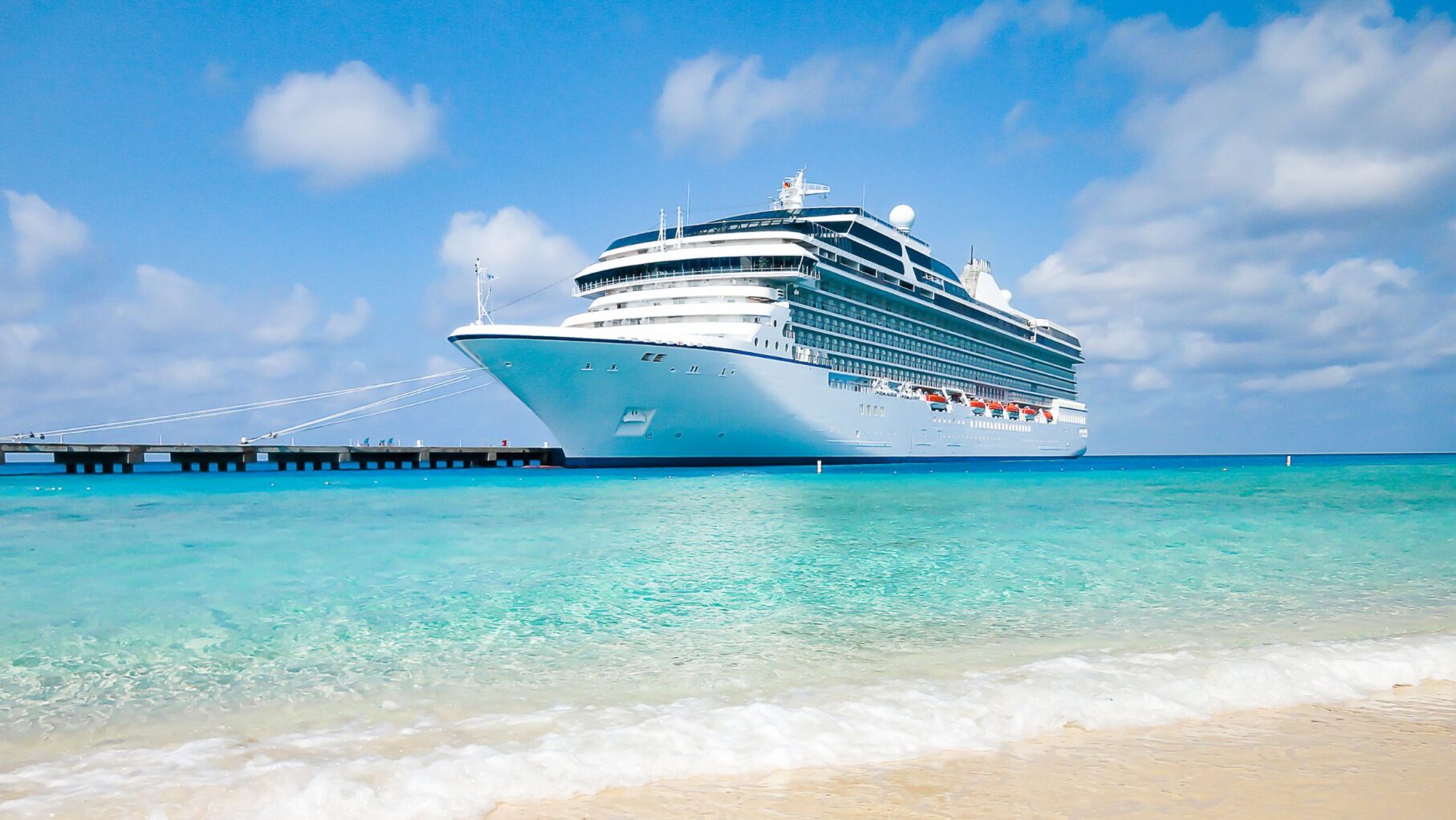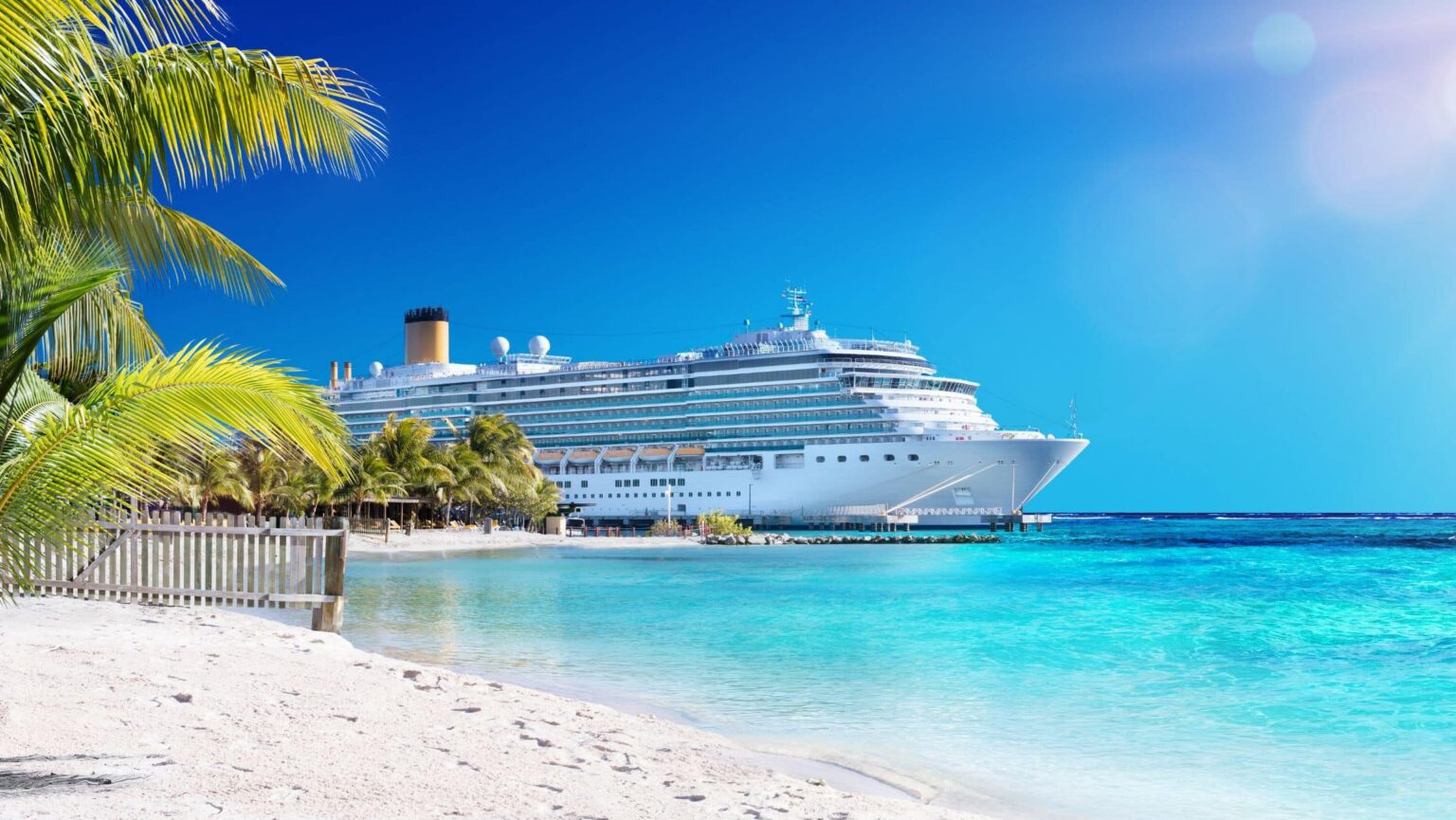- The Bahamas has proposed a series of new taxes aimed at cruise line-owned private islands like Royal Caribbean’s Perfect Day at CocoCay.
- The Prime Minister feels that not enough money from the private islands reaches local communities.
- Private islands are proliferating throughout the Caribbean as cruise lines seek to mitigate high port fees and ensure all spending goes back to them.
One undeniable trend in recent years is that cruise lines have been setting up camp in the Caribbean. Beyond just moving more ships there, the lines have been purchasing private islands and building private destinations throughout the region, clearly signalling that they intend to expand operations in the Caribbean for years to come.
Cruise has been seeing some pushback in the form of taxes, cruise caps and more in many countries around Europe, the South Pacific, New Zealand and even some parts of the USA. The Caribbean has been much more accommodating to the cruise industry and generally not created problems for cruise lines; however, is this about to change?
The Bahamas, a country in which the three largest cruise lines, Royal Caribbean, Carnival Cruises and Norwegian Cruise Line, all have private islands, appears to be growing frustrated with private cruise destinations, and could push back with increased tax scrutiny.
The prime minister of The Bahamas presented a new initiative that would make cruise lines with private destinations pay more in tax. While he recognised the significant impact of cruise tourism, he says that once cruise lines set up private islands, the money stops filtering into local communities.
He said: “In 2024 alone, cruise visitors numbered 9.4 million – an increase of 20.3 per cent over the previous year and representing a staggering 83.4 per cent of total tourist arrivals. These numbers are not just impressive; they are transformative.
“We’ve seen exponential growth in private cruise destinations, where premium onshore activities like cabana rentals now fetch as much as $4,000 per day, yet these earnings often flow offshore with limited benefit to the Bahamian taxpayer.
“Our Budget introduces targeted compliance measures to ensure cruise-related activities contribute fairly and meaningfully to our national development. We expect that the economic activity on the private cruise destinations will be the biggest driver of GDP growth in the next three to five years.”

Will cruise lines fight the new proposal?
It’s well known that cruise lines like to operate with private island destinations, as it means more of the money stays within the cruise line ecosystem. When a cruise ship stops at a normal port, many passengers get off the ship and spend money in local communities, but a private island, the money people spend on food, activities and shopping filters straight back to the cruise line.
It appears that the government of The Bahamas has put together that if the cruise lines are earning more, the government is earning less.
Due to this, the government is now proposing taxes on cruise lines’ imports to private destinations and services provided to guests, payments for work permits for crew working on the island, that the renting out of water sports equipment be reserved only for Bahamian operators, and more.
Undoubtedly, if approved and put into action, this would take a sizeable bite out of cruise line profits. With not only the three biggest cruise lines having private destinations in the Bahamas, but also lines like Disney and MSC having properties set up as well, if these initiatives go ahead, it’s unlikely that the cruise industry will take them lying down.
The situation has an interesting balance of leverage. While European towns that see all types of tourists can afford to take on the cruise industry without having to risk large amounts of their tourist-driven income, it’s not so simple for a country like the Bahamas.
With 83% of their tourist revenue coming from cruise ships, souring relations with the cruise industry could greatly hurt their profits.
However, the massive multi-million-dollar brick-and-mortar investments that cruise lines such as Royal Caribbean have put into the region mean that they can’t exactly just pick up and leave.
Interesting scenes will follow as we watch whether the government and the cruise industry strike a deal, or go head-to-head over the proposed changes.
Is the Bahamas taking a leaf out of Mexico’s book?
Mexico is also a key destination in the Caribbean, which is in the process of implementing new cruise taxes. Mexico was initially going to impose a USD$ 42 tax per cruise passenger entering their waters, but has since lowered that to just USD$ 5, a number which is gradually set to rise to the initial figure.
Mexico similarly announced these taxes quite shortly after Royal Caribbean confirmed its plans to build a ‘Perfect Day’ private destination experience on Mexico’s Caribbean coast.
The cruise industry was successful in negotiating the taxes into a significantly lower number, but it still follows that Mexico’s strategy essentially seemed to be to encourage and accept the private destination, but ensure there was revenue in it for them.
The Bahamas, looking to employ a similar strategy, seems to suggest that while cruise lines will almost definitely continue to lockdown operations in the Caribbean, it might not continue being the haven of profits that they want it to be.









Bahamas nor Mexico own the whole Carribean. There are other islands they purchase and be exclusive, control their own rights. Mexico and Bahamas would be devastated if the cruise companies pulled out. It will get ugly, but the cruise lines will win in the end. They do not want to loose that tourism and there are better destinations in the Carribean, Bahamas and Mexico are at the bottom.